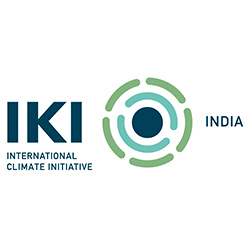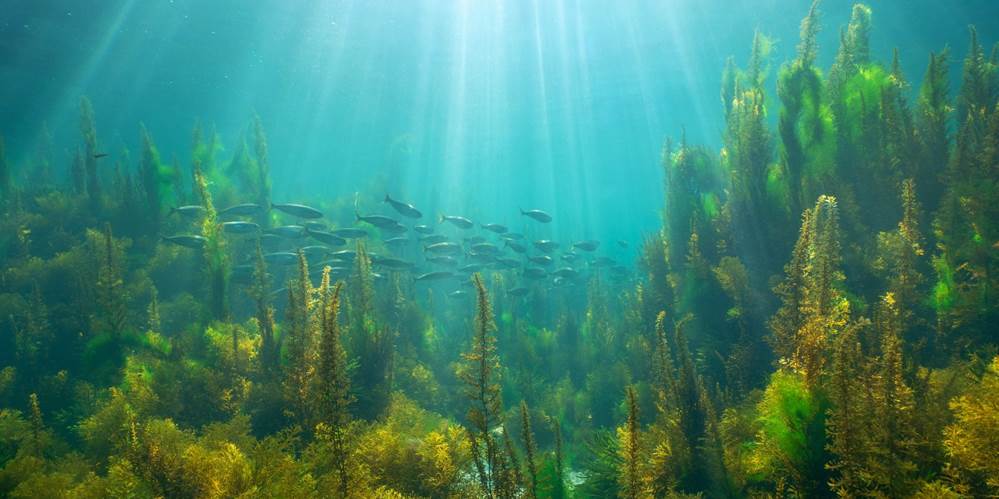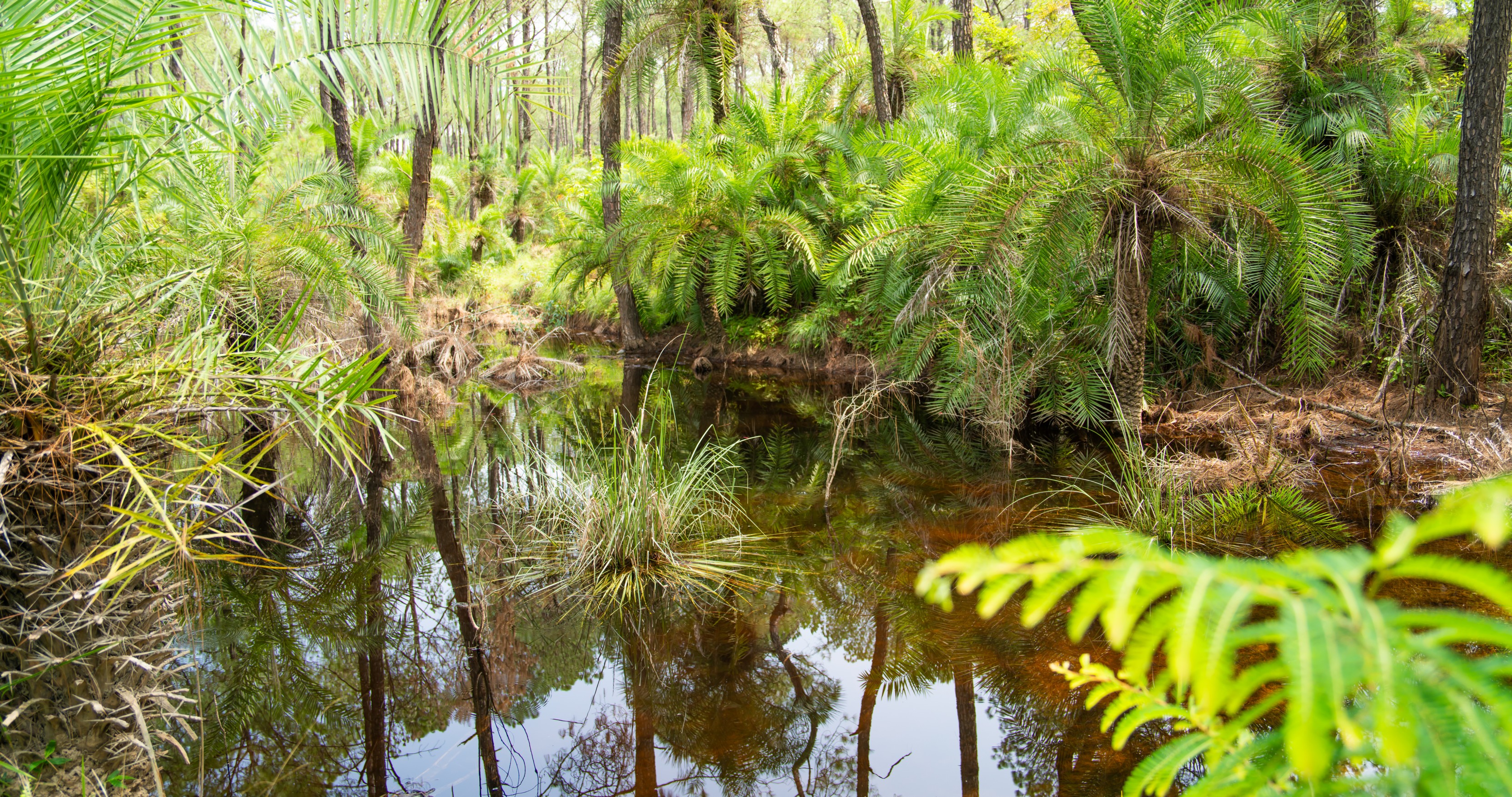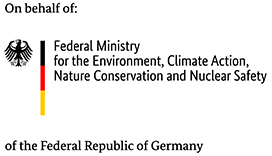Protection of Biodiversity
In the area of protection of biodiversity, IKI supports partner countries to implement the targets of the Strategic Plan for Biodiversity 2011-2020 (Aichi Targets) of the International Convention on Biological Diversity (CBD). Many IKI projects are also contributing to conservation efforts. By providing investments, advice to governments, technology transfer and research partnerships, the IKI projects improve the abilities of both governments and civil society to implement the CBD in partner countries. A particular focus is the drafting and implementation of national biodiversity strategies and action plans (NBSAPs). Other focal points include the conservation, expansion and connection of protected areas, the sustainable use of ecosystems, and reductions to the degradation, fragmentation and valuation of ecosystems. The concept of ecosystem-based adaptation as well as sustainable methods of production, biodiversity-friendly agriculture and sustainable fishing are other important thematic areas. Urban biodiversity is also becoming increasingly significant.
Know MoreProjects

Biodiversity and Ecosystems Services in Agrarian Landscapes Completed
Project Lead: Bernd Markus LissA growing world population and changing consumer habits are increasing the global demand for food and renewable raw materials. Consequently, land use is being practiced much too intensively in partner...
Read More →

Biodiversity Finance Initiative – (BIOFIN II) On-going
Project Lead: Onno Van Den HeuvelThe financing of biodiversity conservation is a key issue in the implementation of the Convention on Biological Diversity (CBD). Most countries lack reliable information on the actual costs that are n...
Read More →

Blue Solutions - Implementing the CBD Strategic Plan in the Field of Marine and Coastal Biodiversity Completed
Project Lead: Elke FoersterThis global project is jointly implemented by GIZ, GRID-Arendal, IUCN, and UN Environment, dedicated to the conservation and sustainable use of marine biodiversity. The project identifies and dissemin...
Read More →

Cities Fit for Climate Change Completed
Project Lead: Daphne FrankThe project supported cities in addressing the challenges posed by climate change. It provided guidance to city governments on adapting their development plans, such as land-use plans and binding deve...
Read More →

Conservation of Seagrass Ecosystems- Safeguarding Food Security and Resilience in Vulnerable Coastal Communities On-going
Project Lead: Yasmeen TelwalaSeagrass is an essential food source for dugongs and other marine wildlife and provides key ecosystem services (e.g. fisheries productivity and carbon sequestration). Seagrass ecosystems are declining...
Read More →

Development of National Framework for Electronic People's Biodiversity Registers in India On-going
Project Lead: Ravindra SinghSafeguarding biodiversity and ecosystems is crucial to meet the demands for food, medicine, fuel, and water, as well as to provide livelihood security. The project contributes to India’s growing...
Read More →

Enabling and Scaling up Market Adoption of Nature-Related Financial Disclosures On-going
According to the World Economic Forum, approximately $44 trillion of global economic output, representing around half of the global economy, is at moderate or significant exposure to nature-related ri...
Read More →

INTERACT- Bio Integrated Regional Action for Biodiversity Completed
Project Lead: Monalisa SenThe partner countries have signed the Convention on Biological Diversity (CBD) and National Biodiversity Strategies and Action Plans (NBSAPs) have already been drawn up. INTERACT-Bio supports them in ...
Read More →

Living Lakes - Strategies to Protect the Biodiversity of Aquatic Ecosystems On-going
Protection and restoration of lakes, wetlands, and associated landscapes is crucial to halt biodiversity loss and combat climate change. Eleven partners from ten countries in the Living Lakes Network ...
Read More →

Private Business Action for Biodiversity Completed
Project Lead: Andreas GettkantPrivate enterprise has an important role to play in countering contributory factors to the loss of biodiversity. This global project is supporting methods and instruments to ensure biodiversity-friend...
Read More →
Copyright © 2025 All rights reserved




